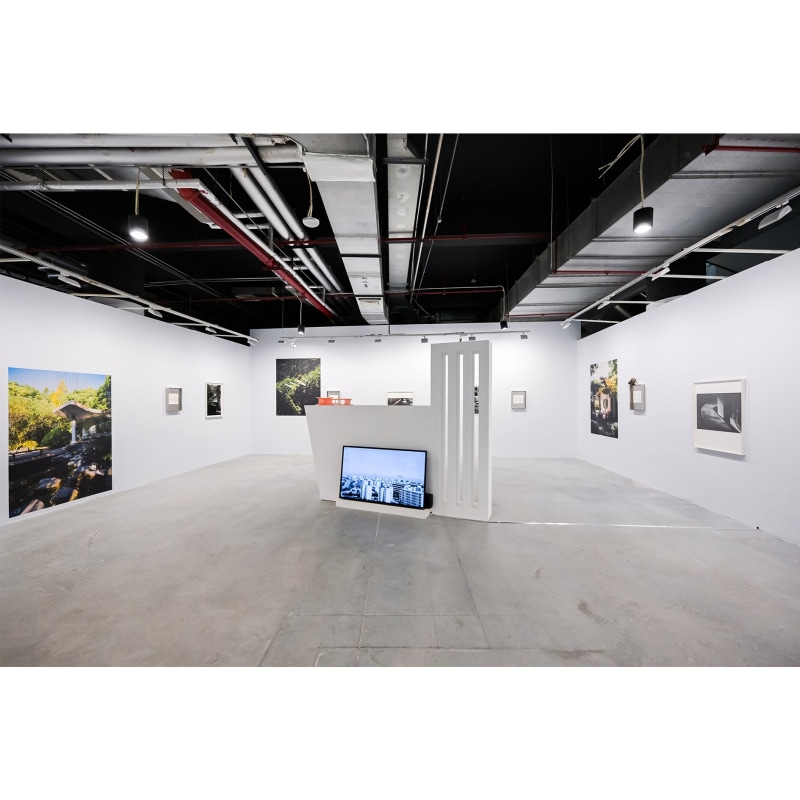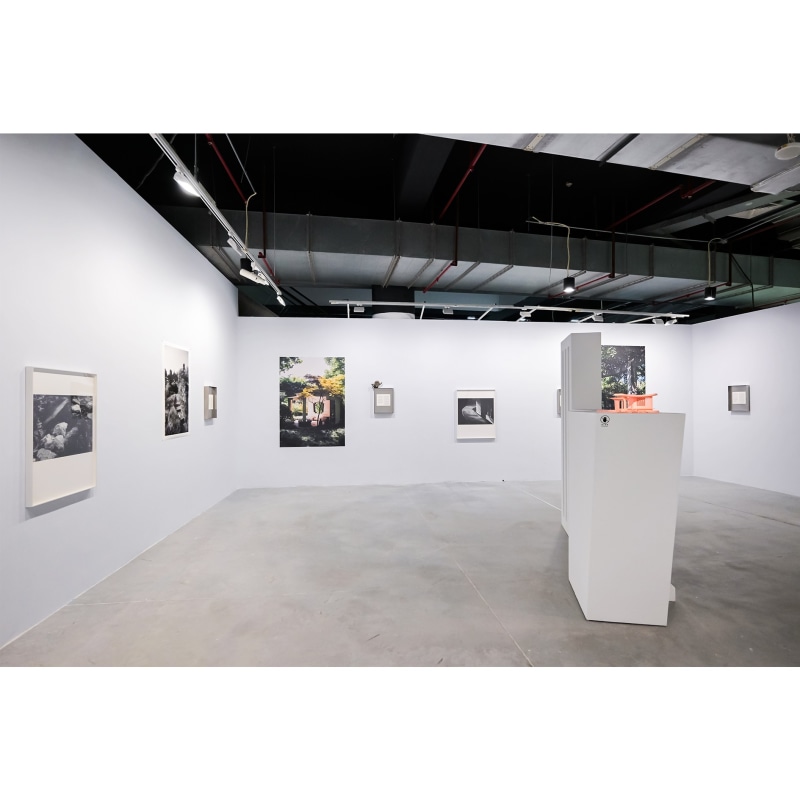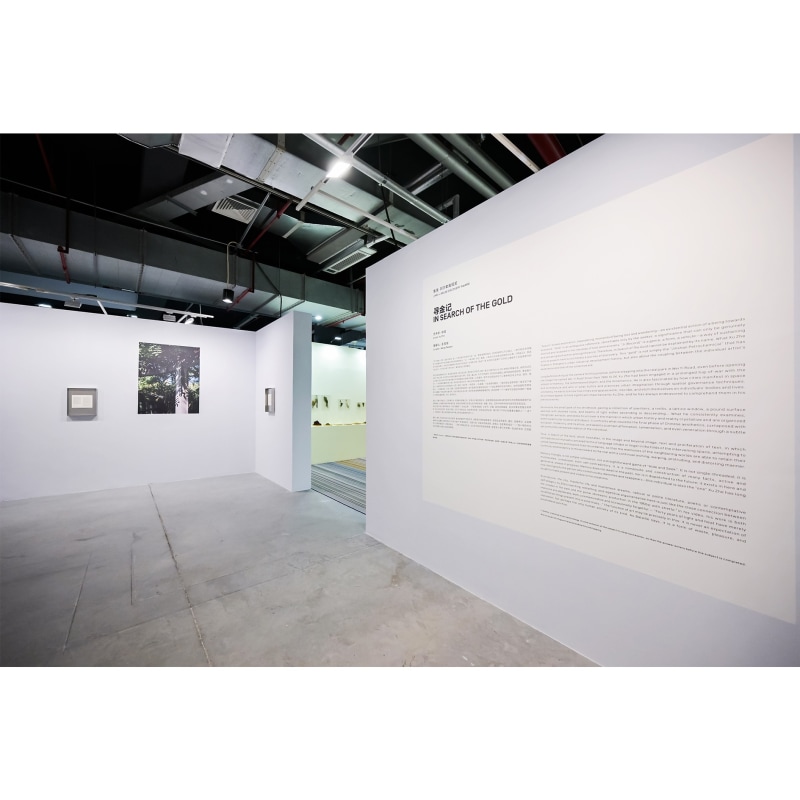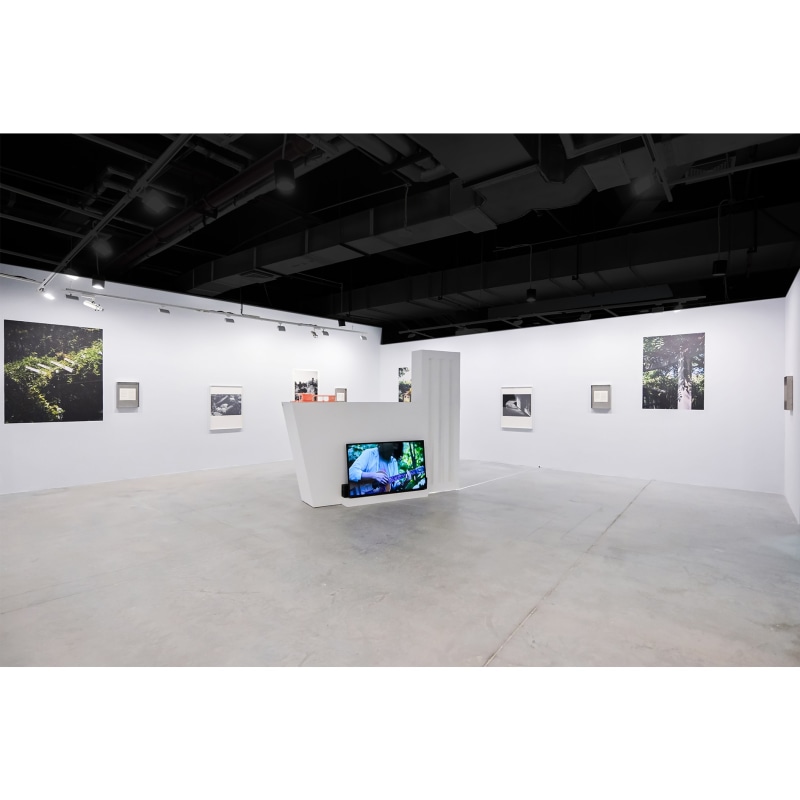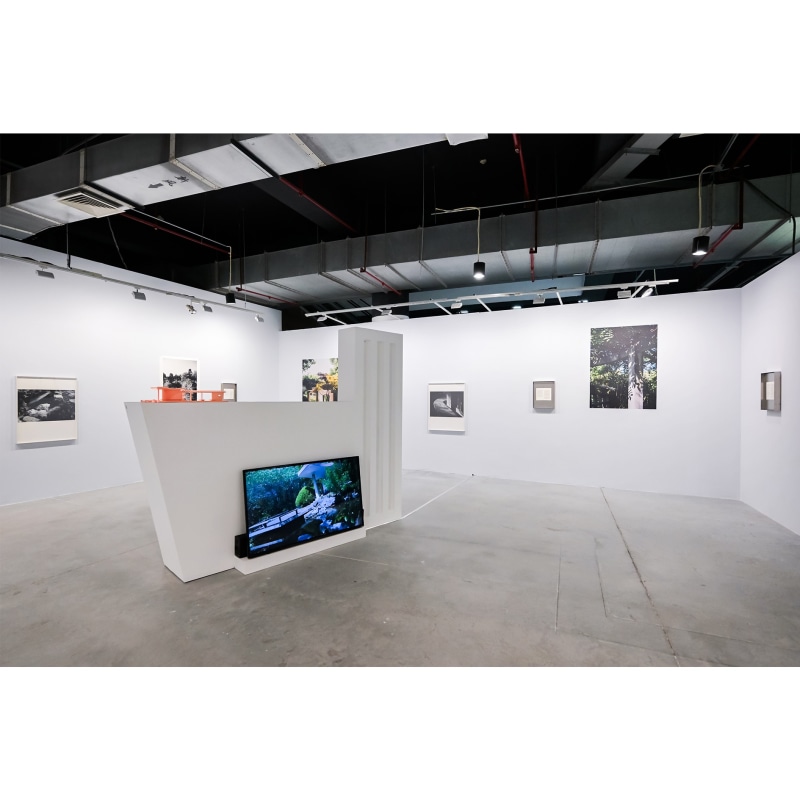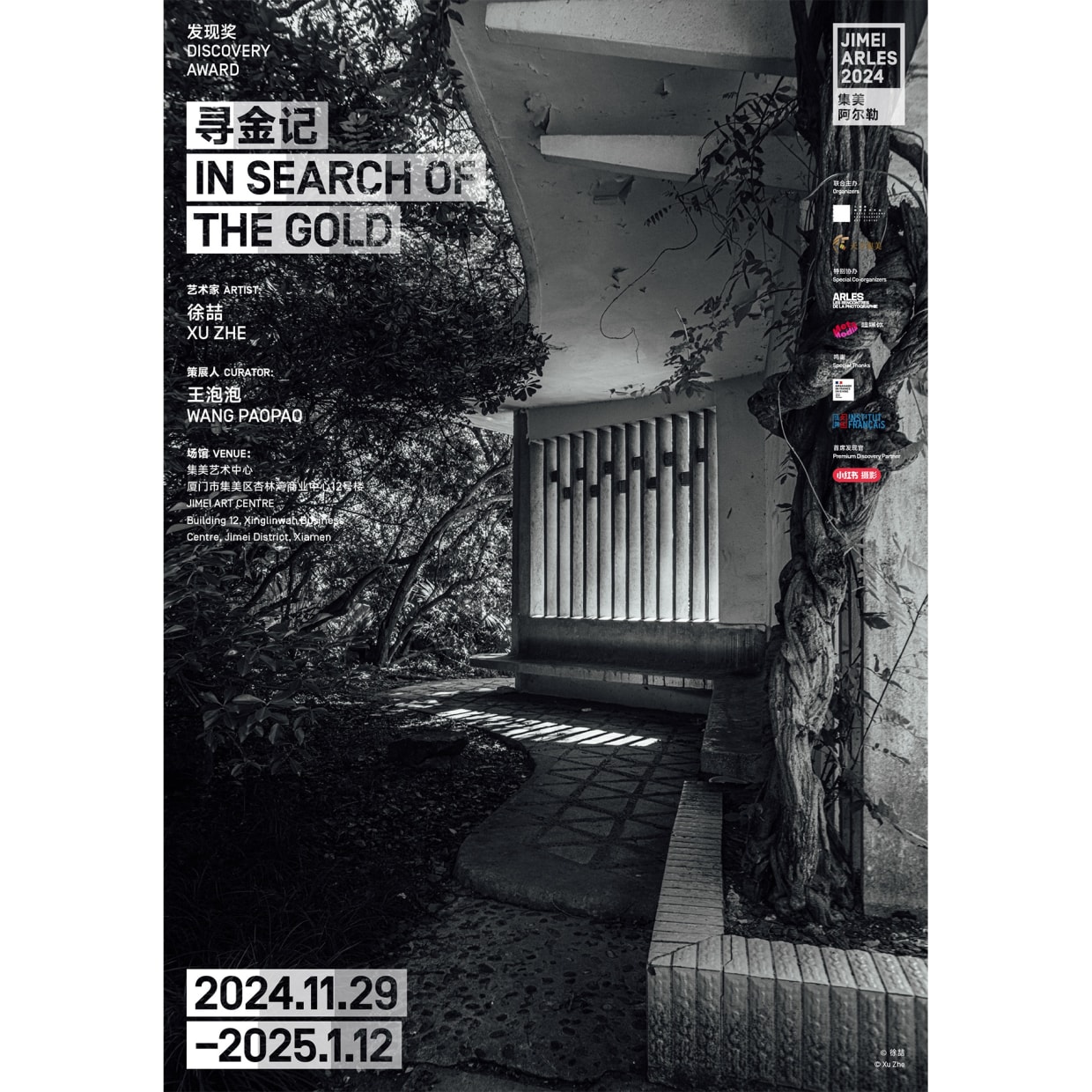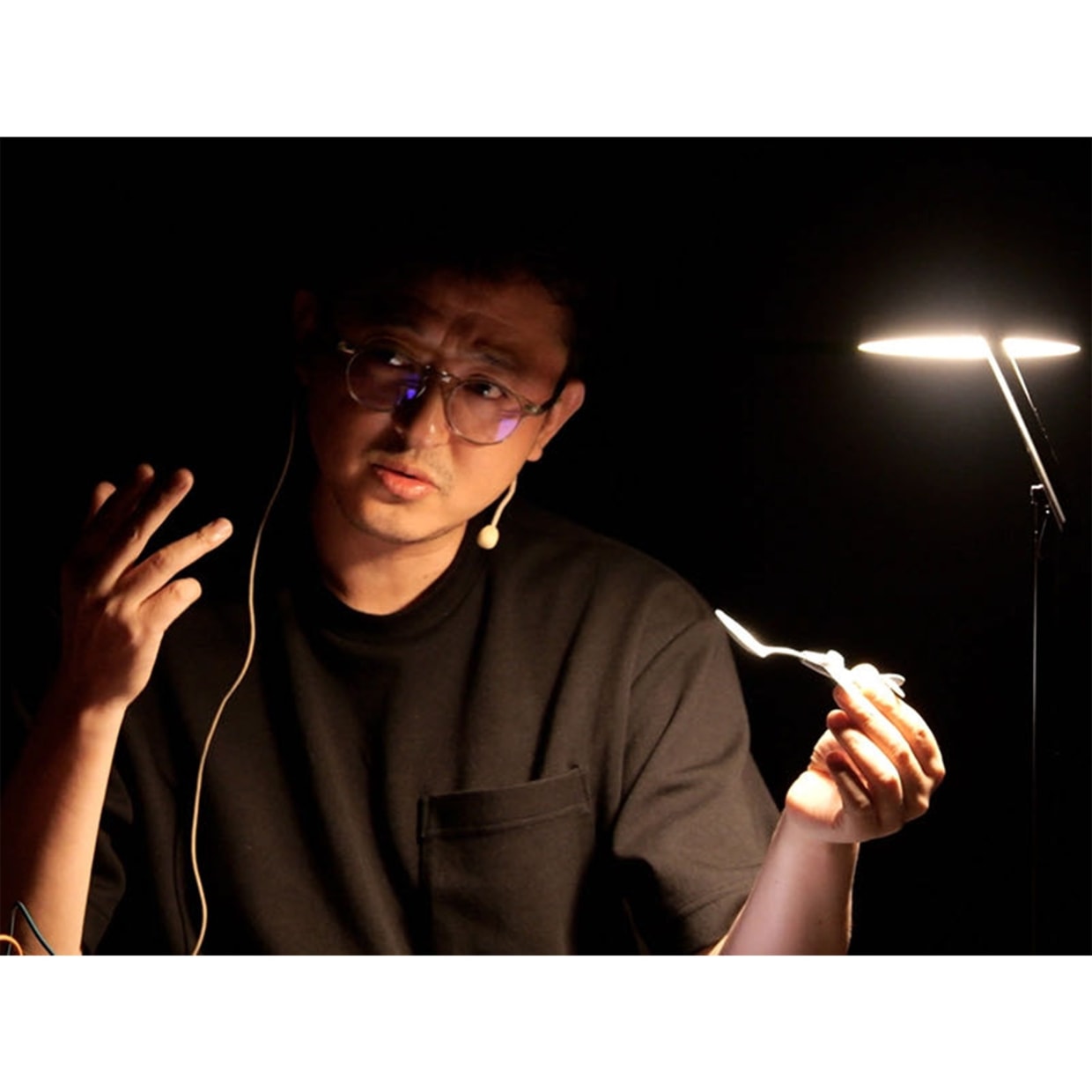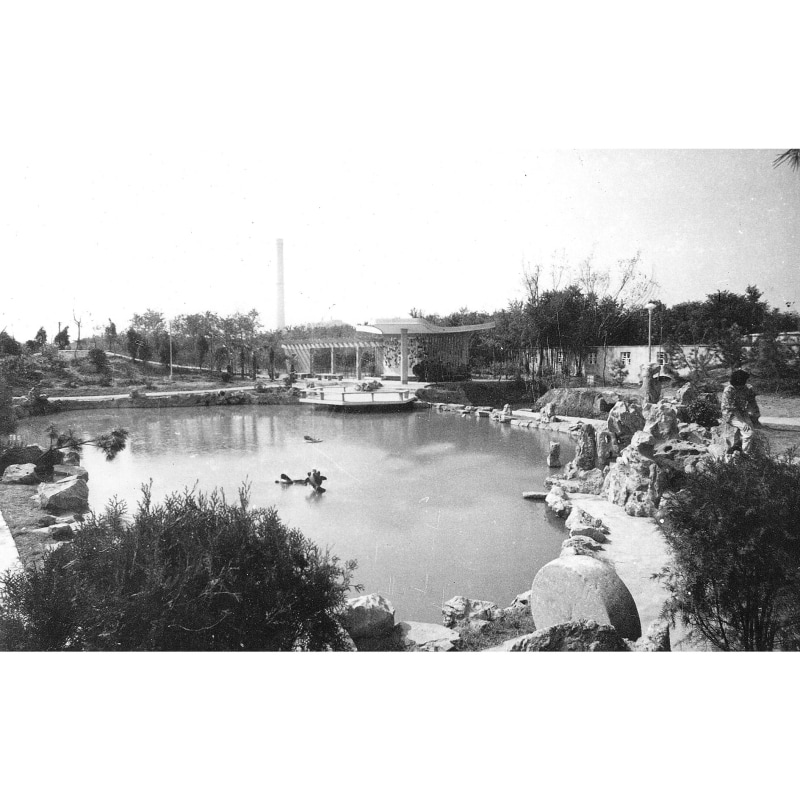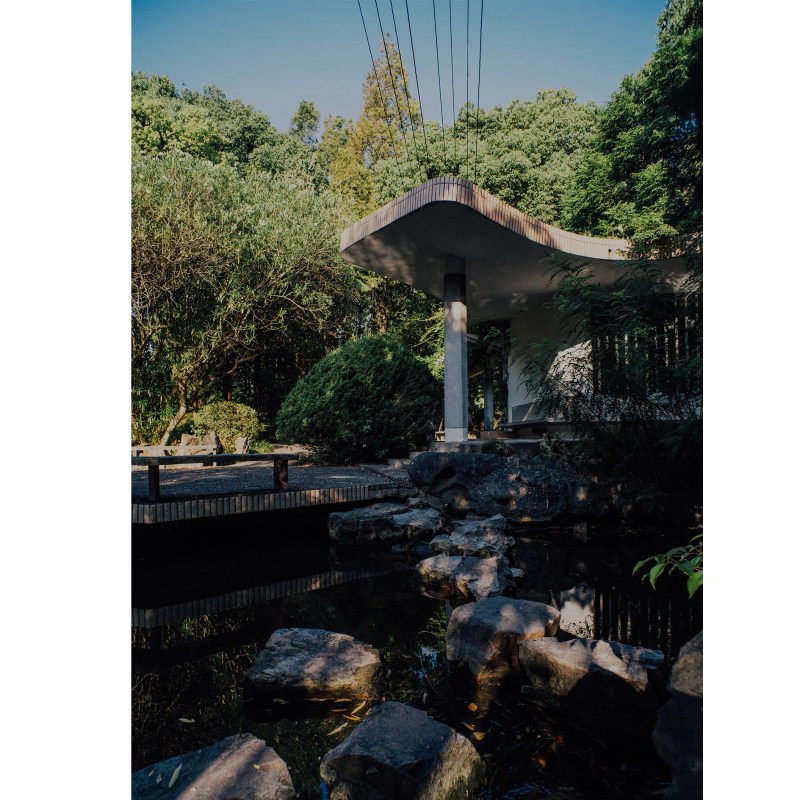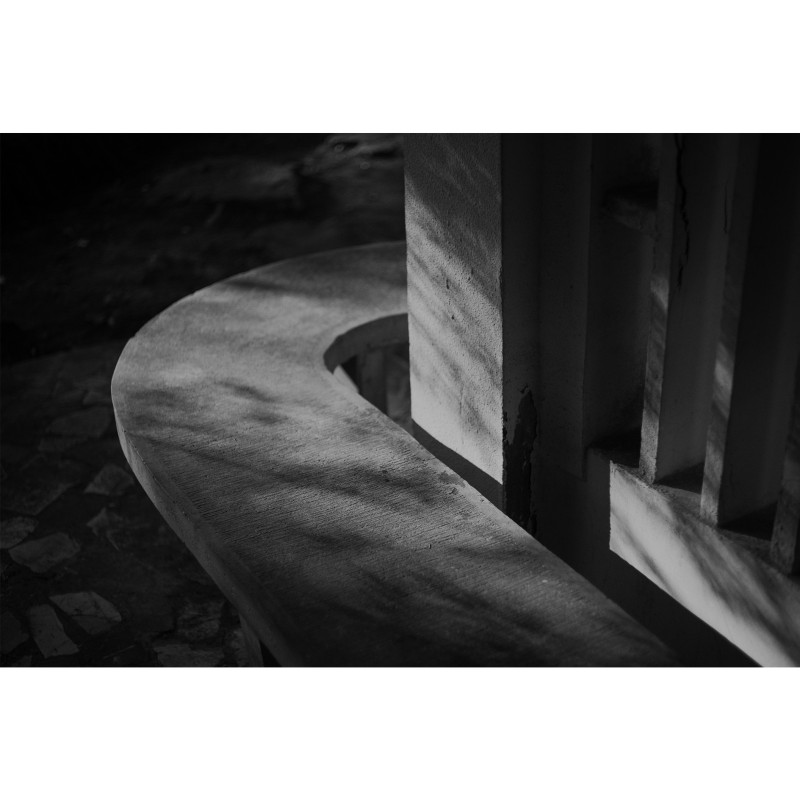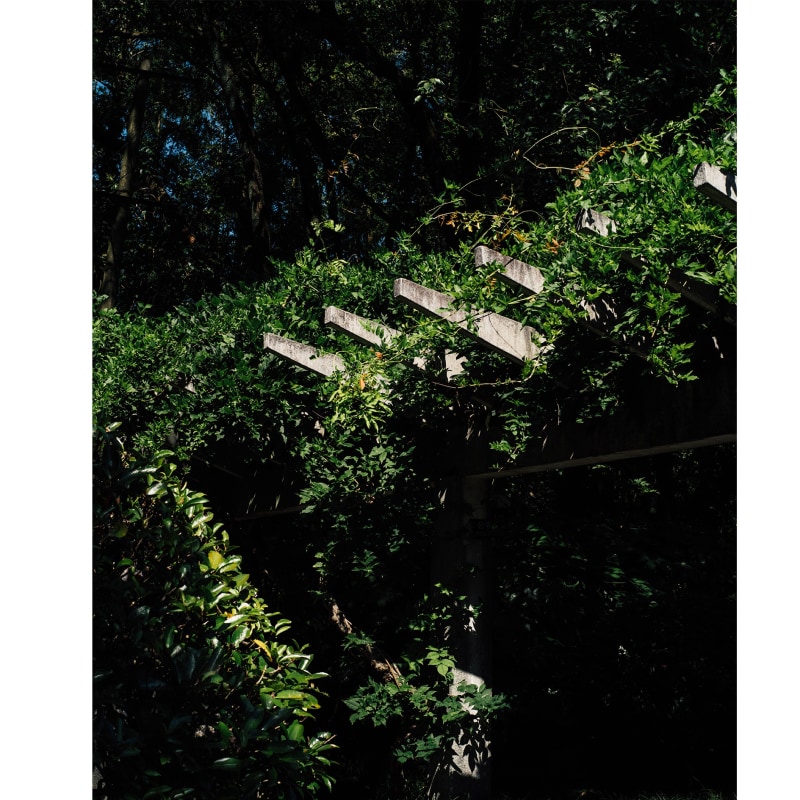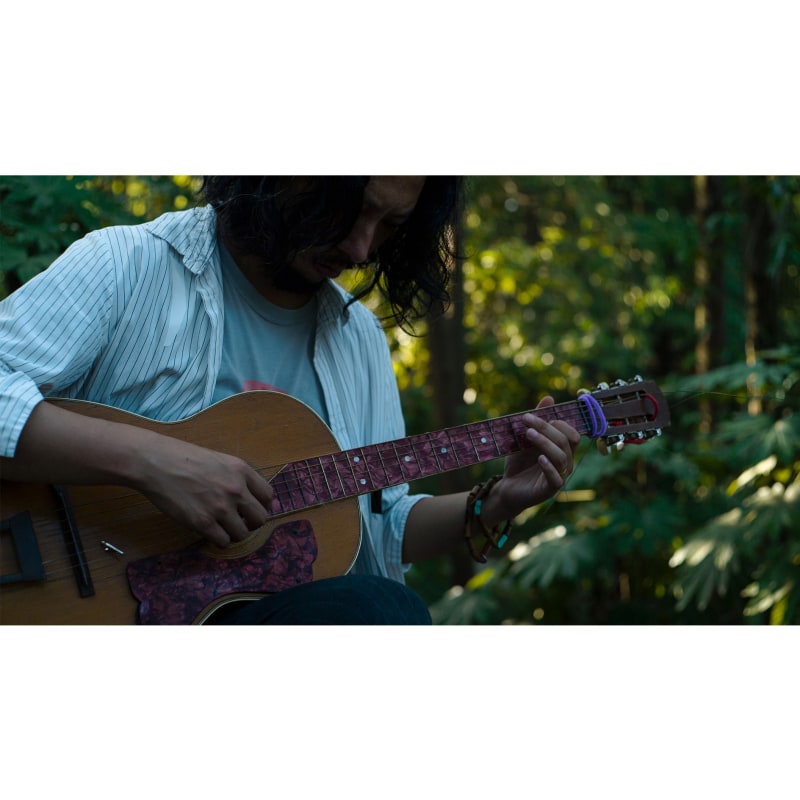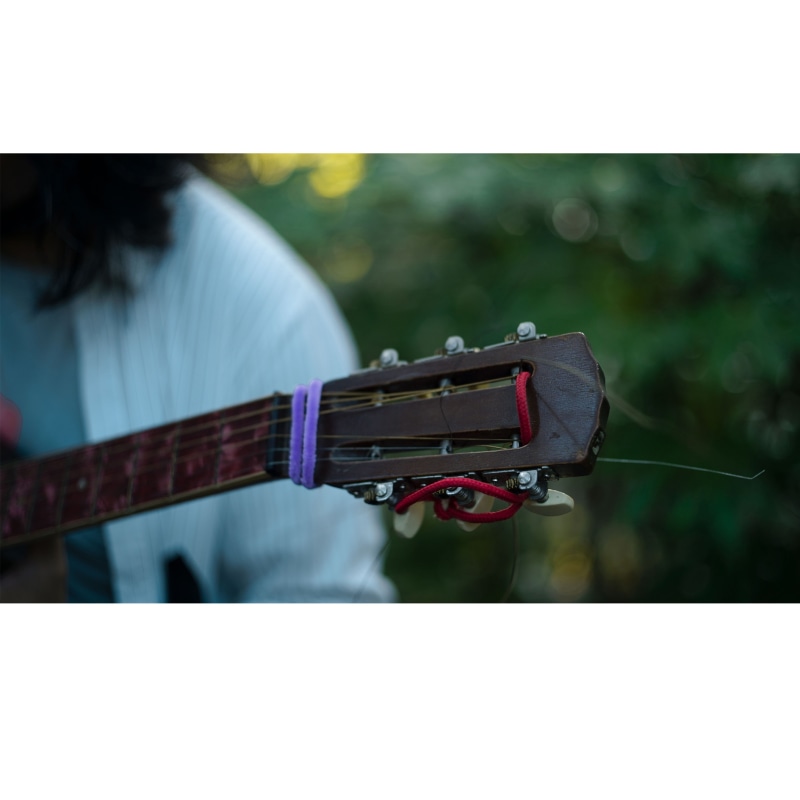Xu Zhe
In Search of The Gold
"Search" evokes exploration, meandering, moments of being lost and wandering—an existential action of a being towards existence. "Gold" is an ambiguous reference, identifiable only by the seeker, a significance that can only be genuinely distilled and revealed in the interplay of loss and recovery. "Ji (Record)" is a genre, a form, a vehicle—a way of sustaining and partaking both action and significance. Therefore, In Search of The Gold cannot be understood by its name. What Xu Zhe aims to present here is not merely a journey of discovery. This "gold" is not simply the "Jinshan Petrochemical" that has floated in Shanghai's urban industrial development history, but also about the coupling between the individual artist's experience and that of the collective era.
Long before picking up the camera for this purpose, before stepping into the real park in Wei Ling Road, even before opening the image file named Wei Ling Road Small Park 1980.10.04, Xu Zhe had been engaged in a prolonged tug-of-war with the subject of memory, the remembered object, and the mnemonics. Moreover, he has been intensely interested in exploring the nature of cities, how the city manifests in space and architecture, and who or what fulfills and practices their urban imagination through what kind of spatial governance techniques, and ultimately, how city and space function, inscribe, and etch themselves onto individual bodies and lives. Xu Zhe has repeatedly explored these questions in various ways throughout his previous works.
This time, he returns to the small park from his childhood, gazing upon a group of pavilions, a flower trellis, a lattice window, a pond surface with stacked stones, a beam of light retreating upwards or another descending... He repeatedly enters, identifies, and extracts, attempting to find and discover how urban history and reality crystallize and structure themselves in such a specific space and object. Yet he encounters what might be the declining moment of Chinese aesthetics, and perhaps of socialism, modernity, and its spirit, persisting in using an individual's insignificant but heartfelt glance to confirm, mourn, and even sanctify to some degree.
Therefore, when you view In Search of The Gold, you find it wavering. Amid the spaces within and beyond images, in the proliferation between and beyond texts, contradictory or mutually negating linguistic forms nestle or intertwine within these folds. They attempt to unfold themselves and explore their boundaries, allowing the memory of adjacent worlds to maintain a continuous movement towards reality through constant arching, warping, protruding, and transforming.
Memory, fittingly, is not simple rumination, not a straightforward game of “Hide and Seek”. It is not single-threaded; it is multifaceted, juxtaposed, even self-contradictory. It is a composite and construction of many facts, active and generative, always in progress. Memory does not dwell in the past, nor is it dispatched to the future; it exists in here and now, belonging to the person who continuously identifies and reappears—this individual is also the "one" Xu Zhe has long sought to make present and visible in his creations.
Architecture, cities, lives with owners and dreams without, radical or restrained literature, poetic or contemplative self-allegories—Here, we witness Xu Zhe's rewriting, re-enactment, and repeated arguments. Like the stretto, the interweaving of cicada songs and guitar notes (a 1950s domestic model) in his video, his work is both spontaneous and deliberate, both commemorative and occasionally forgetful—"Forty years of light and heat have merely solidified all things present into forms…" The function of art may lie precisely in this: it is never an expectation of realization, but perhaps the only human activity of its kind. As Bataille says, it is a form of waste, pleasure, and purposeless sacrifice.
